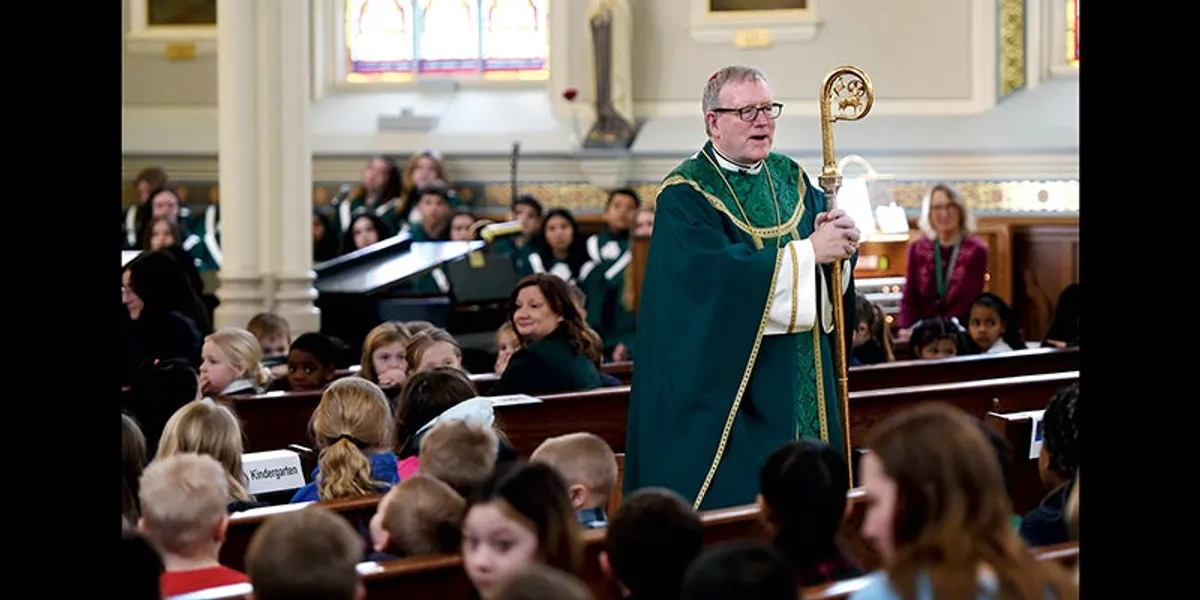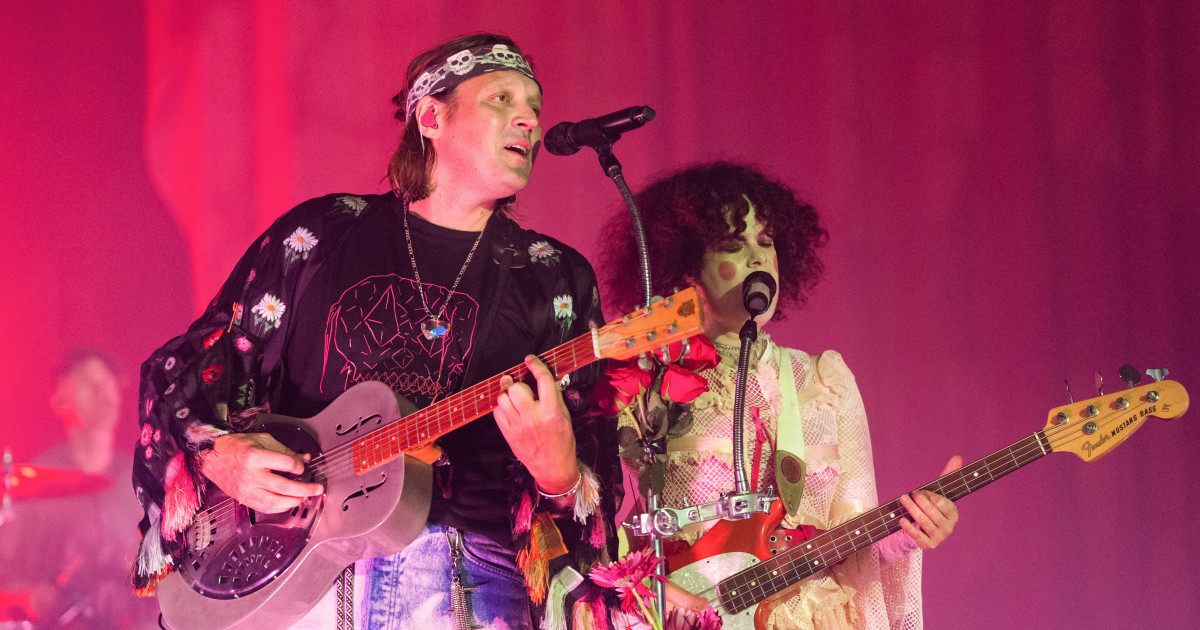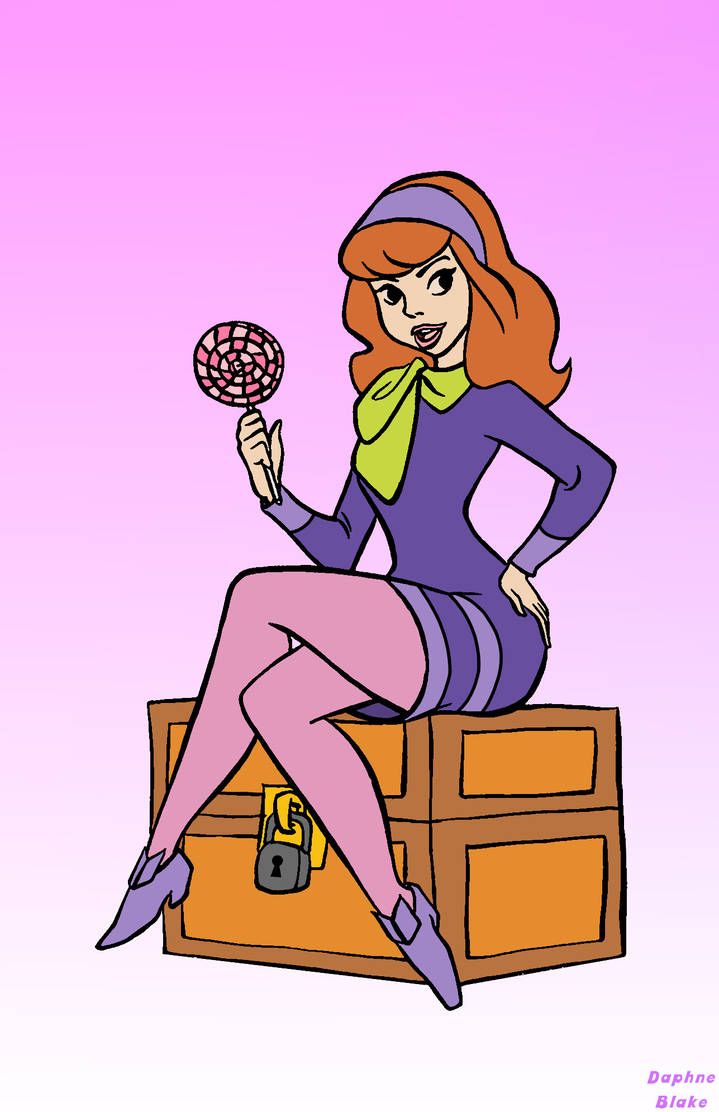Copyright Austin Daily Herald

By Molly Castle Work A controversial Minnesota bishop is in the running for the most prominent leadership role in the American Catholic Church as the U.S. Conference of Catholic Bishops is meeting this week in Baltimore to choose its new president and vice president. Bishop Robert Barron has led the Diocese of Winona-Rochester since 2022, and is one of 10 candidates competing for the job. The election will take place during the annual plenary meeting, which begins Monday, Nov. 10 and continues through Thursday, Nov. 13. University of St. Thomas theology professor Bernard Brady said it's an important election that will essentially set the priorities and the tone of the Catholic church across the country. “It's a big deal because it sets the leadership for the bishops in the United States,” Brady said. “What are they going to talk about? What kind of policy statements are they going to make? The news media would go to him as the spokesperson for the Catholic Church in this country.” Barron is well known for his Word on Fire media empire of books, videos, web casts, and blogs and has amassed 2.5 million YouTube subscribers. He has close ties to President Donald Trump and Vice President J.D. Vance, and sits on the president’s Religious Liberty Commission. This association with Trump could affect his viability in the election. Brady said some of Barron’s fellow bishops may be looking to distance themselves from the president and his administration. Many of those same bishops want to the church in the U.S. to more closely align itself with the more pastoral and progressive path charted by the late Pope Francis, which new, U.S. born Pope Leo XIV is following, according to Michael Sean Winters, a columnist with the National Catholic Reporter. Winters said Barron is gifted — he’s an excellent public speaker who is ahead of the curve on leveraging social media to get out the church’s word. But, he said Barron has moved into a more conservative posture over the past decade and has become known for his “strident” opinions. “He's a talented man, but I think he's become much more of a culture warrior type,” Winters said. “He sometimes almost caricatures positions on the left and does not actually extend goodwill and the presumption of goodwill on the part of the people he disagrees with.” Both Brady and Winters said they think it’s unlikely Barron will be elected, partly because he represents a much smaller diocese than some of the other candidates. But if he does win, Winters fears he won’t be the right leader to unify the already divided Catholic conference. “They desperately need somebody who can unite them,” Winters said. “It behooves the bishops to find someone who is trusted by both sides, who can try to forge them – to talk to each other and find some common ground.” It’s unclear when the election will take place, as the bishops’ election process is somewhat odd, Winters said. “There are 10 candidates and, if no one candidate receives a majority of votes on the first ballot, the same 10 candidates are placed on the second ballot,” Winters wrote in the National Catholic Reporter. “If the second ballot does not produce a winner with a majority of the votes, the top two vote-getters proceed to a runoff which necessarily produces a winner.” “Then, the bishops turn to the remaining nine candidates and select the new vice president of the conference from them,” Winters added. The results are expected to be announced as soon as Tuesday.



